Before television became popular, the most popular form of entertainment in Hong Kong was reading newspaper supplements. Well-known columnists in the 1950s–1960s like Shisanmei and Sansu had fans who bought dailies just to follow their columns. How talented were these writers? What insights did they give? Those under 50 probably wouldn’t have much idea. Yet today, five decades later, bits of their works have been recovered from library archives and compiled in a book series. For old fans, the new books bring back fond memories. For the younger generation, they are the keys to the treasures of our past.
Retrieving Lost Memories in Archives
‘Some members of the Hong Kong Literature Research Centre (HKLRC) have researched on literary supplements. The materials they cited in academic papers came from newspapers dating back to the 1940s–1970s, either kept in bound volumes or on microfilm. This means they were hardly accessible to the general public. We want to tell people about our findings and learn from Hong Kong’s history, so we started compiling anthologies and reprinting the works of famous and influential columnists,’ said Prof. Fan Sin-piu, director of the centre. In June, the HKLRC and Cosmo Books Ltd. jointly published a series titled ‘Dreams To Be Remembered’, with Prof. Lo Wai-luen (alias ‘Xiao Si’) as the editor-in-chief. The series has five books and three have been published—each is a unique portrait of older Hong Kong as painted by celebrated writers.
Chinese Literary Supplements Hong Kong Style
Articles appearing in the ‘Dreams To Be Remembered’ series were extracted from literary supplements containing features unique to Hong Kong, e.g. the checkerboard-like page layout with each writer occupying a fixed square allowing for a fixed word count. They had to fill this space every day, and in most cases the writer’s alias was the column’s name. The bonds between authors and readers were strong, and their discussions would eventually evolve into public opinion. According to Professor Fan, literary supplements were very popular from the post-war era to the 1980s. Starting from the 1950s, Hong Kong’s population soared after Japan’s defeat and as the government was unable to take care of so many issues, the public turned to newspapers to look for services they needed, e.g., the ‘how-to’ columns on health care, making friends, and finding missing persons. These were new functions—to establish a communal support network for all. Later in the 1960s, short essays appeared frequently in newspapers and people liked them. We regard the emergence of essays as an indicator of people’s growing interest in Hong Kong’s affairs. The 1980s were the golden years of literary supplements. The Sino-British negotiations had started and Deng Xiaoping had proposed that Hong Kong should remain unchanged for 50 years. This statement became the most heated topic in town and numerous essays expounding on it were published. Newspaper supplements in Hong Kong all took part in the debate, which testified to the realization of Hong Kong’s most cherished value—the freedom of speech. At the time, academics began to recognize the social and literary values of newspaper supplements.
Beginning Afresh from the Forgotten
Researching on newspaper supplements is not easy because many originals are lost and the HKLRC lacks funding to support long-term projects. But Professor Fan said the work will continue. ‘We must know our past in order to understand the present. That’s why we’re going to salvage the gems. The anthologies can help us understand our current situation better. Some would say the key to Hong Kong’s success is industriousness, which was what enabled a fishing village to transform into an international financial hub. This is a popular but simplified explanation. In fact, the process of our struggles was much more complicated. Hard work does not always beget results. When we disagree with or dislike something, e.g., a political issue, we must be aware of where it’s coming from and possibly learn from it. If we forget something, we need to recall them. Bringing back the past can definitely help us solve the problems we are now facing.’
‘When we feel lost, we seek comfort in the good old days. Remembering the past is a subtle way to express our discontent. Mind you, we don’t want to reminisce or bury our heads in the sand. The past must be remembered and lessons learnt for us to face the future.’ Columnists usually describe themselves as ‘grid-lined paper crawlers’. After half a century, we now have the good fortune to recapture some of Hong Kong’s buried memories. Through the sleight of pen of our talented columnists, we can better understand its fascinating history and renew our connections with our roots. 


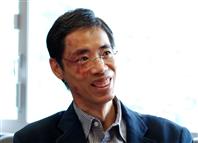
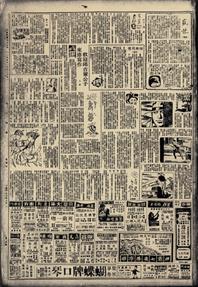
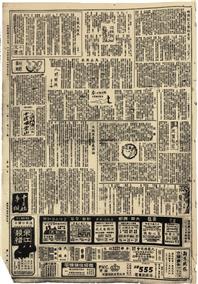
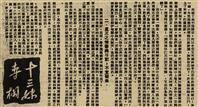
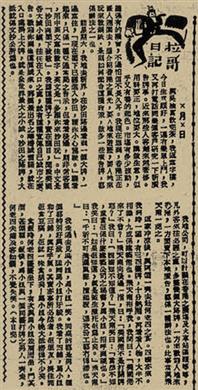































































































































































Social Bookmarks